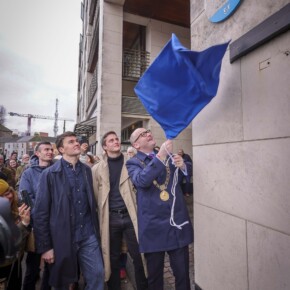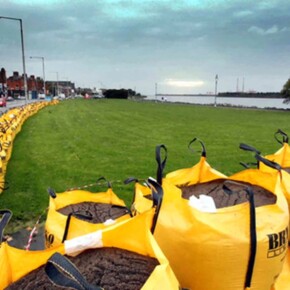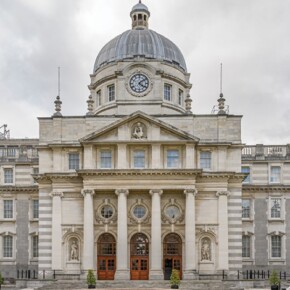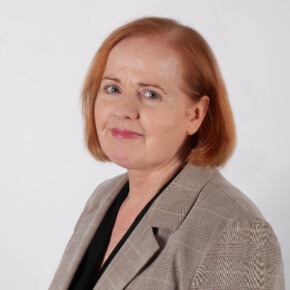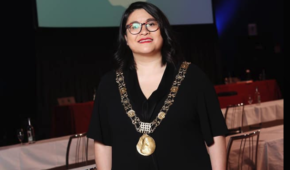Parents want new secondary school for Killester/Raheny/Clontarf area
Padraig Conlon 16 Sep 2022
MORE than a thousand local parents are calling on the Minister for Education to provide a non-denominational school in their area that boys and girls can attend together.
The Killester/Raheny/Clontarf Secondary School campaign group (KRCSS) carried out a survey of parents living in the Killester, Raheny, Clontarf School Planning Area (KRC SPA) in December 2021, to evaluate the secondary school preferences of families living in these north Dublin suburbs, and to examine whether those needs are currently being served by the options available to them.
This survey comes on foot of several responses received from Minister Foley, to recent parliamentary questions submitted by TDs on behalf of the group.

Some of the local young children who are calling on the Minister for Education to provide a non-denominational school in their area that boys and girls can attend together.
In relation to a new school being required in the area, the Minister states that the demand for schools is determined by the demographic analysis of a particular area and takes into account parental preferences from parents of children who reside in the relevant school planning areas, together with other considerations such as the extent of diversity of provision currently available in these areas.

The key findings of this survey highlight the overwhelming fact that 74% of the parents of current and prospective pupils are in favour of a co-educational secondary school.
A meagre 5% of parents want single sex, religious schooling and yet, of the 7 secondary schools in the school planning area, only 2 are co-educational and all 7 are under Catholic or Church of Ireland patronage.
Paddy Monahan, a founding member of the KRC ETSS campaign group, told Northside People:
“My kid is in primary school with boys and girls from a wide variety of backgrounds. This reflects Irish society today.
“It makes me so sad that realistically, the only option we’ll have for secondary school as things stand, is an all-boys school run by the Catholic church.
“We’re asking Minister Foley to please pay attention to the over 1,200 parents who took the time to respond to our survey and give us a non-denominational school in our area that boys and girls can attend together.”
The KRC SPA already has a higher than average (71%) proportion of secondary school students attending single sex schools, while the rest of the country stands at around 33%.
The results of the survey show that a staggering 95% of respondents are not in favour of single-sex, religious schools, however, the situation on the ground does not tally.
Julie Nolan, a member of KRC SPA told Northside People, also shared her concerns with Northside People.
“As a parent of two children in an ET primary school and a teacher myself in an ET school, it concerns me greatly that there is no option in the area for our children come the end of their primary school journey.
“As parents we have chosen to educate our children in the unique, inclusivity that ET encompasses.
“They will have grown, immersed in an ethos of equality and diversity so needed in today’s society and yet there is no secondary level school in the area to carry on these core principles. By refusing to acknowledge the demand for such a school, the minister of education is denying our children a right to secondary education.”
Erin McGann, a resident of Raheny and a member of the KRCSS campaign said:
“We have two children and it’s really important to us that they are educated in a co-educational secondary school. Educating and separating children on the basis of their gender is an artificial construct. Children learning together provides a more balanced and healthier environment and prepares them for the real world.
“We’re not religious, so it’s also our preference for them to receive their education in a secular setting.
“At first glance, you might say there’s enough school places, particularly for girls, in the SPA and if you’re content to send your children to a single-sex, church-run school, then you’re sorted, but if your views don’t fall in line with those principles, you’ve essentially nowhere to go.
“And we’re not alone in that, there’s a large and growing number of families who don’t fit that traditional mould.”



